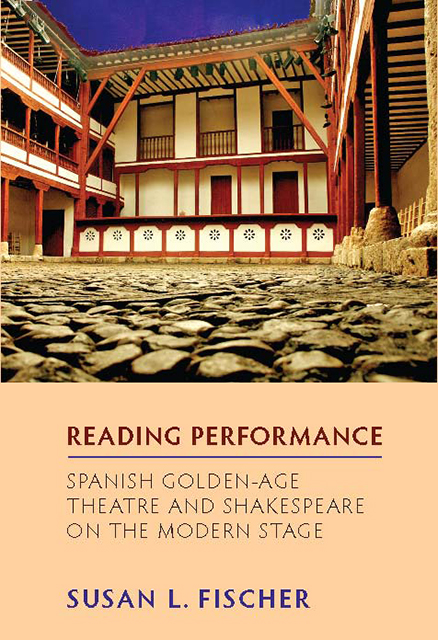14 - Spanish appropriations of Shakespeare El mercader de Venecia (The Merchant of Venice)
Published online by Cambridge University Press: 28 February 2023
Summary
El grito contra el racismo (José Carlos Plaza) ¿Dónde acaba el bien y dónde empieza el mal? (Hansgünther Heyme) El amor genera amor, el odio genera odio – y no importa ni la raza ni la religión (Denis Rafter)
Performance history of The Merchant of Venice indicates that the play has invited more interventions and revisions than any other of Shakespeare’s plays, having been perpetually adapted not only to the prevailing technology and taste but also to ever-evolving cultural attitudes towards race, religion and gender. Or, as put by Jonathan Miller, no Shakespearean play has been “held hostage to contemporary issues” more than the Merchant (Bulman, Merchant 143). Archival data reveal a dearth of mountings of the play on the Spanish boards in the twentieth century, something that José Carlos Plaza continued to lament even after his 1992 production with Madrid's Centro Dramático Nacional (Teatro María Guerrero):
Es una obra con una notable repercusión social, puesto que estamos dentro de una sociedad decadente, donde existen grandes negocios bancarios y donde “los otros” tienen que hacer el papel de malo. Es una lástima que una obra de este contenido y con estos ingredientes tan actuales no se haya representado más. Yo nunca la he visto en España y eso que llevo en el teatro desde los 16 años, lo que no acabo de entender, porque considero al Mercader de Venecia una obra fundamental.
(González Fernández 443–44)
Vicente Molina Foix's translation of the Merchant for Plaza's production followed the “revolutionary” Stanley Wells and Gary Taylor edition of 1986, which “in its rethinking of every aspect of the text, posed vital new questions – even for those who disagreed with some of Oxford's answers” (Holland, “Reade” 24). As Peter Holland argues, one of the great strengths of the Wells–Taylor text lies in its attention to stage event. Oxford included many stage directions that had never been present in any previous edition, scrupulously marking any that were ambiguous (“Reade” 25). Not insignificantly, then, Molina Foix's translation of a play virtually sans performance history in Spain was founded on an “original” that took into account the conditions of Shakespeare's stage. Hansgünther Heyme's postmodern co-production of 2001, staged in Madrid and Valencia by the Ruhrfestspiele Rechkinghausen- Europäisches Festival-Teatro de La Abadía before going to Germany, also made use of the Molina Foix translation.
- Type
- Chapter
- Information
- Publisher: Boydell & BrewerPrint publication year: 2009



